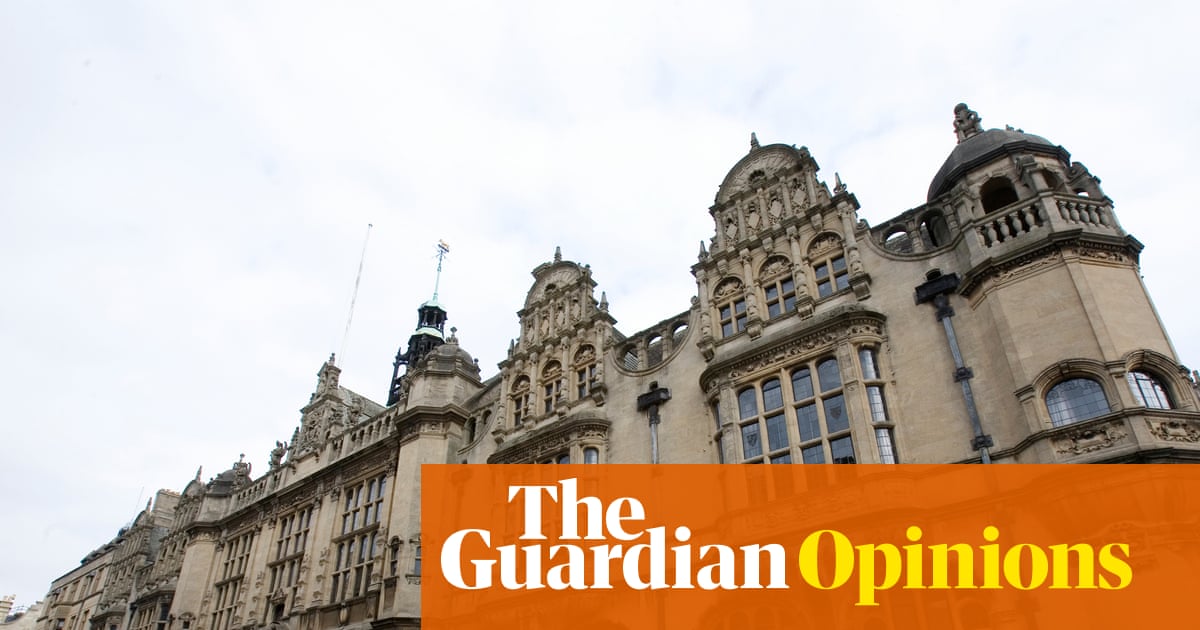
"It's extraordinary that a profound reshaping and shrinking of our democracy is happening under our noses, and virtually no one notices. For baffling reasons, soon after the general election a government with a sky-high in-tray of problems embarked on a gigantic local council reorganisation no one knew about. It didn't feature in the manifesto, nor in the local government secretary Steve Reed's conference speech last week but England has plans to axe unknown numbers of local councillors some estimates put it at nearly 90%."
"The white paper outlining these plans actually boasts that there will be fewer local politicians, pandering disgracefully to the general scorn for politics. Yet voters trust councillors twice as much as they do Westminister politicians. For all the talk of localism and connecting to neighbourhoods, these are the unheralded foot soldiers of democracy. It is councillors who run political parties and much that binds their communities."
"Many councils will be ordered to merge into unitary councils to serve a population of at least 500,000, to deliver all local services; this will entail the abolition of hosts of district councils. (There is some flexibility for some with populations of fewer than 300,000.) Some won't go quietly. Some submit alternative plans, grouping together so more of them survive."
A government launched a major local council reorganisation soon after the general election despite the absence of the policy from the manifesto or recent conference speeches. The plan aims to reduce numbers of local councillors—estimates suggest reductions up to nearly 90%—and merges many district councils into larger unitary authorities serving at least 500,000 people. The white paper frames reductions as a response to public scorn for politicians, despite voters trusting councillors more than Westminster politicians. Councillors provide party infrastructure and community cohesion; cutting their numbers risks long-term declines in democratic engagement. Some districts propose alternative groupings to preserve councils, while county councils back enlargement.
Read at www.theguardian.com
Unable to calculate read time
Collection
[
|
...
]